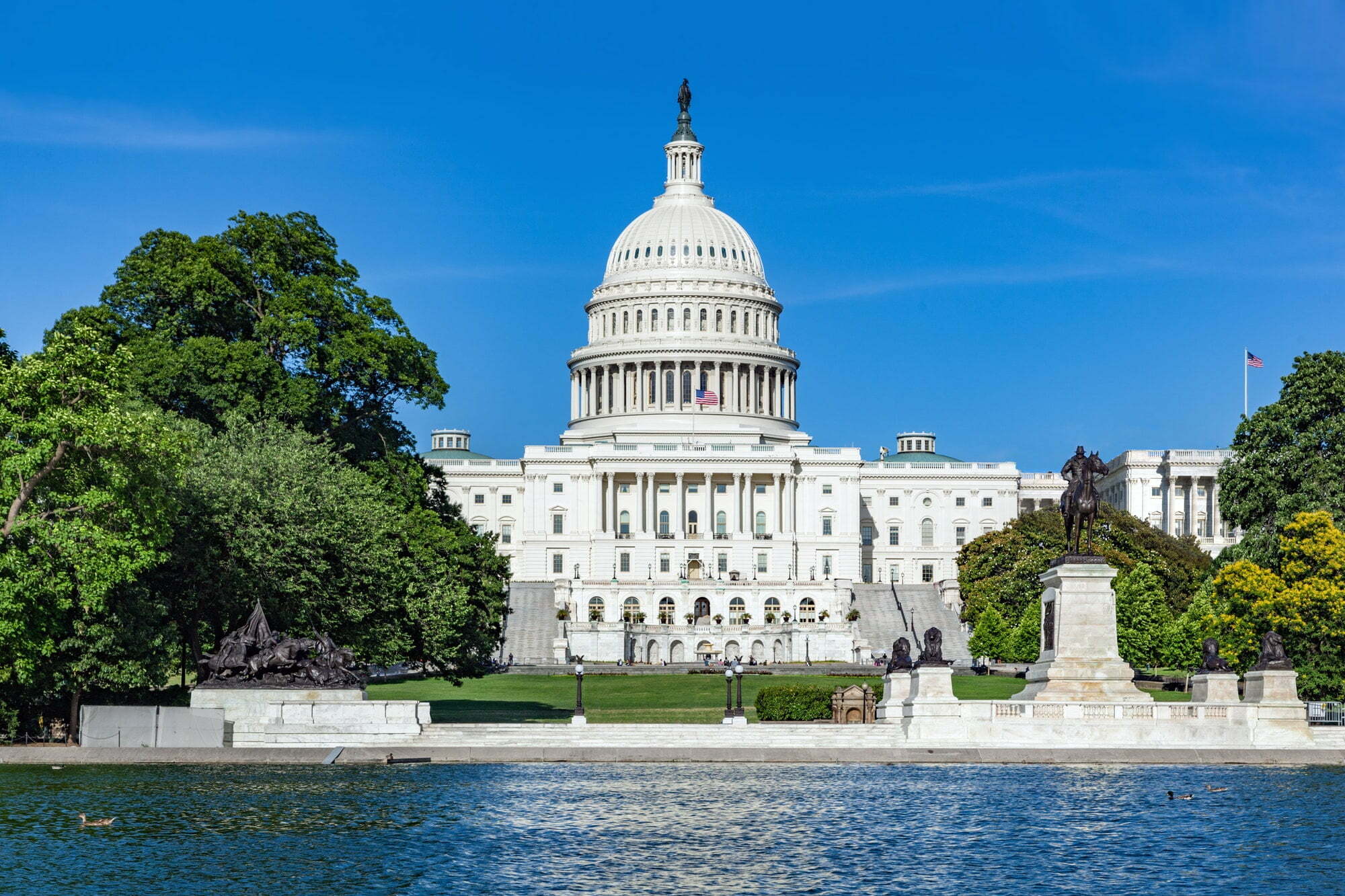On January 29, 2020, the U.S. Treasury Department’s Office of Foreign Assets Control (“OFAC”) sanctioned a number of individuals and entities as part of a coordinated action with the European Union and Canada “in response to Russia’s continued aggression toward Ukraine and attempted occupation of Crimea.” OFAC further imposed its sanctions based on Executive Orders 13660 and 13685 authorizing sanctions on persons that “have asserted governmental authority over any part or region of Ukraine without the authorization of the Government of Ukraine”; or operate “in the Crimea region of Ukraine.”
Consequences of These Additional Sanctions
Individuals and companies sanctioned by OFAC are added to the List of Specially Designated Nationals and Blocked Persons (“SDN List”). Accordingly, all of their property within or transiting U.S. jurisdiction is blocked. In addition, if they are not authorized by a general or specific license issued by OFAC, U.S. persons or foreigners that conduct business in or with the U.S., U.S. persons, or using U.S.-origin goods or services are prohibited from engaging in transactions with individuals and companies sanctioned under the Executive Orders or with entities in which they have, directly or indirectly, 50% or greater ownership interest.
U.S. and foreign persons violating the additional Ukraine/Russia-related Sanctions may face significant civil and criminal penalties. OFAC may also add them to its SDN List (secondary sanctions).
Preventing Violations of Ukraine/Russia-related Sanctions Conduct an OFAC review of any transaction involving Ukraine or Russia to confirm whether you need OFAC’s authorization to proceed. If necessary, request OFAC’s specific license or interpretative guidance. In addition, organizations can prevent, detect, and react appropriately to violations of OFAC Sanctions by designing and implementing Sanctions Compliance Programs (“SCP”). Having an effective SCP in place is also a significant mitigating factor that OFAC will consider when deciding whether to impose sanctions based on an apparent violation of its regulations, or for calculating the appropriate penalty.
Legal Options for Sanctioned Individuals and Entities
Anyone placed on the SDN List by OFAC has the right to seek removal under an administrative process known as “De-Listing.” To be removed, listed individuals and entities can file a written request for reconsideration with OFAC. If OFAC denies this request for De-Listing, administrative remedies are deemed exhausted and listed individuals and entities can subsequently file a civil action with a U.S. District Court seeking judicial review of OFAC’s actions under the Administrative Procedure Act.
Individuals and entities penalized by OFAC for engaging in apparent violations of its sanctions, after exhausting administrative remedies, may also request a U.S. District Court to set these civil penalties aside as arbitrary or capricious.





